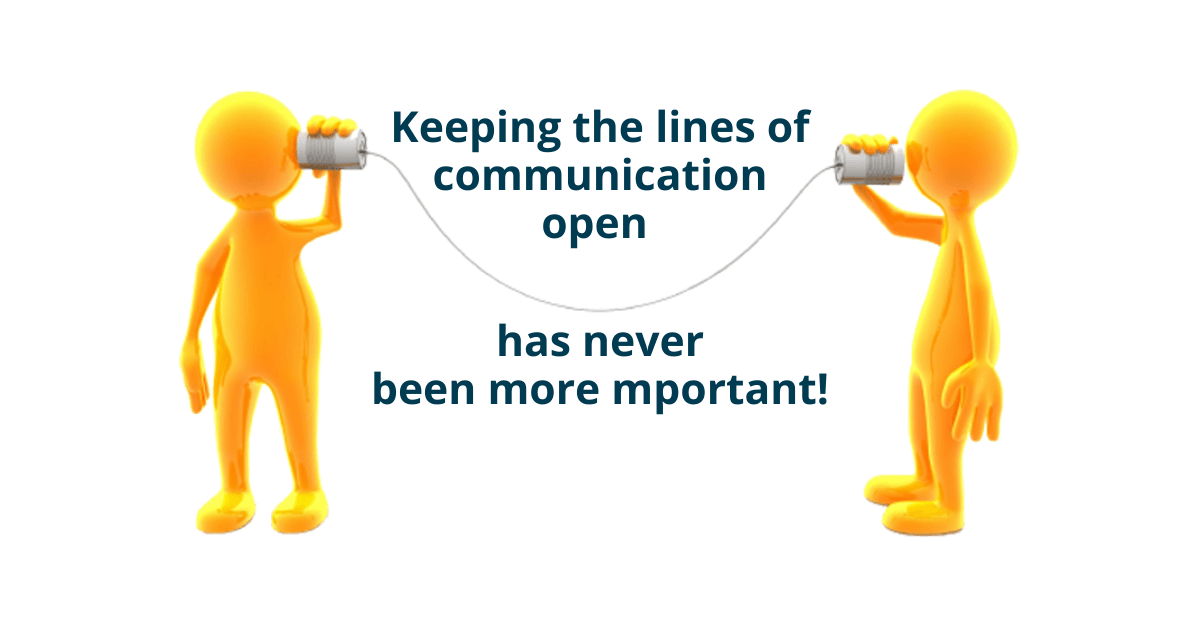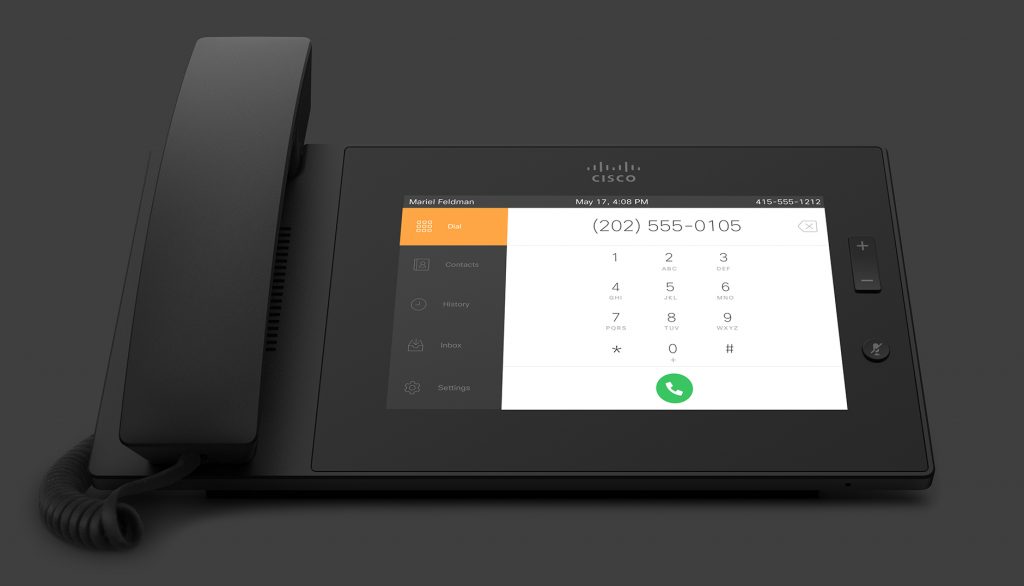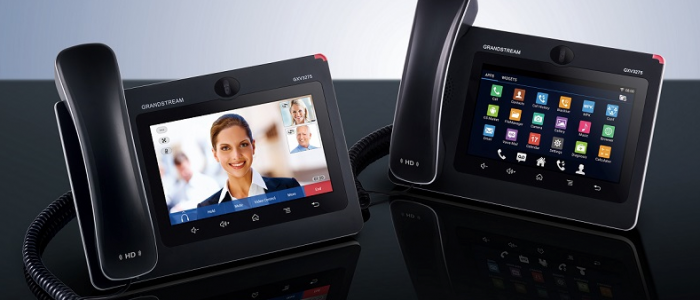It’s 2020, and while this year has been one of the most confusing and tried times with the pandemic, from virus and hacker explosions to robocalls and more. But when you have to make hundreds of phone calls regularly for your business, you need advanced features that you can’t get with a regular landline; you need VoIP. More than likely these days also, you’ll need a way to incorporate your office with remote team members, product providers, customer support technicians, and more.
This is where our VoIP Guide enters the scene. All VoIP services have their pros and cons, but it’s very worth it if you run any business these days, both for security reasons and for all of the features you get!
When it comes to telecommuting, almost 50% of the workforce is now operating remotely and using remote VoIP. This has led to an increase in work and jobs while decreasing the need to file for unemployment. Simultaneously, it’s made it a lot easier for people to find remote workers who can do the same job as those onsite. While there are many software applications and web apps that can help with things like time management and even data backup solutions, there must be open communication between teams.
Table of Contents
How is a Remote VoIP Phone Service Helpful?
Some people use their home phones and cellular phones, but there are many security risks involved in this—both for the companies and employers in some cases. Using a cell phone for business purposes may cause fraudulent calls and other security risks. One such security risk is conversation hijacking, and this is a dangerous thing for the company. So how can you avoid that? Well, first off – it’s using a dedicated VoIP provider to handle internet phone calls with remote team members. We’re going to look at a few of the critical benefits that remote VoIP can do in hiring and managing teams and employees.
#1 – It Keeps Communication Open

Remote VoIP solutions help you to keep the lines of communication open. Your team, customers, and even family will be able to get a hold of you with a simple click of a button.
Having open communication is the key to success. It builds long-lasting relationships between clients (or employers) and their employees/workers. Not long ago, the self-employment rate grew almost 8 percent – higher than the national average growth per year that was expected. With more people working online, there are many voice “apps” that can be used, but these all continuously have high-security risks.

Remote VoIP solutions allow you to work anywhere the internet takes you. You are making the entire world your office.
Prominent leaders such as Google Voice and Skype can become a massive headache, and employers need to know what’s going on. In the past, remote work didn’t have all of this technological advancement, and therefore it was hard for customers to trust their workers with numerous tasks. But since the later part of the 2000s into the 2010s, it has become much more manageable.
#2 – Workers Don’t Have to Work at Home Anymore

With remote VoIP solutions, your employees can work anywhere in the world as long as they have an internet connection.
Many remote employees have mobile devices and laptops. Believe it or not, they won’t be limited to only taking calls when they are home. Even with applications like Microsoft Office 365, users can get free versions on their phones to continue to work on their projects while on the go. Even virtual assistants and support reps can take calls when they’re traveling!
#3 – It Saves Businesses Money

Who doesn’t like to save money? With remote VoIP, you’ll be able to save buckets of cash to reinvest in your business!
Remote VoIP services are cheaper to provide than having to pay for a separate phone line via landline or even a phone plan. By operating from home (or on personal devices), employees can work anywhere, clock hours with mobile apps, and use remote VoIP phone lines to dedicate their time to work no matter where they are. This means that even if your employee went on their lunch break (from noon to 1 PM), they can still work and take calls, have teleconferences, and all on a lower dime than if they had to do things with regular voice services.
#4 – VoIP is More Secure for Employees and Employers

Security should be your top priority, whether it be your network or telecom system. Lucky for you, remote VoIP software, like 3CX, are incredibly secure.
Did you know that posting your phone number on a resume site could be dangerous because of hackers? Hackers are now hijacking people’s phone numbers for personal gain. Even posting your company’s telephone number on the internet could lead to a sticky situation. Therefore, by having a professional remote VoIP solution installed in your workplace, you can rest assured that nobody can easily hijack your telephone lines or mobile phones. It’s like having a virtual machine installed on your workplace computer instead of a direct OS.
Having a VoIP service installed also allows you to have prompt security and monitoring features. This helps employers know by call logs whether their phones are being used in ways they shouldn’t be.
#5 – Voice Over Internet Protocol Offers Productivity

Who says working from home can’t be productive? With remote VoIP solutions, your team can be even more productive while working anywhere in the world.
Along with letting things be more flexible and even lower turnover rates, it’s essential to know that with VoIP phones, businesses can get more productivity from their team members. When a remote team has the proper tools in place, they will produce more for the company they are working for.
#6 – Be Prepared in Times of Emergency

You never know what’s going to happen, and being prepared could save your business. If you had remote VoIP solutions before the recent pandemic hit, all your employees could have started working from home without missing a beat.
VoIP Guide Pros and Cons
Since the days that high-speed internet came about (primarily cable internet, then other forms), VoIP has been around. Places like Time Warner and RoadRunner Internet offered VoIP by giving users “home phone lines” with their cable services. But it has evolved since then almost tenfold, and now you can even use Wi-Fi applications on PCs and even mobile phones to make calls these days. There are also select phone systems that can have VoIP systems like 3CX installed onto them. But what are the real advantages of a VoIP phone system versus the other methods of communication?
The Pros

VoIP phones have gotten a complete overhaul in the past few years, and many of them look futuristic and have advanced functionality.
- VoIP costs less than landline phone services.
- You have more flexibility, portable options, accessible features, and can scale your VoIP service more.
- You can choose free packages for minimal users & use them or get more features with some of the premium packages that you can’t get.
- Voice quality is often clearer.
- You can multitask more with VoIP phones and services, and you can have more flexibility with things such as voicemails, call filtering, monitoring, and more.
The Cons

Just like with cell service, E911 isn’t even close to perfect, but it’ll get close if that counts for anything.
- VoIP Needs a steady internet connection that’s ALWAYS reliable.
- If you have high latency (ping speeds) and jitter, you will have issues with connectivity or have high wait times and voice delays.
- You can’t track or locate VoIP calls for emergency phone calls (some systems don’t even allow you to call 911).
Fortunately, the Cons can be Avoided Usually.
If you have a good service provider and a team of professionals who can help install and upgrade your systems to the top-of-the-line quality you need in cables, high-speed internet, and jitter buffering, you can get the most out of your systems. Most VoIP providers can also install and set up a perfect quality PBX system at a reasonable price. Of course, they do cost money, but it’s more of a hardware issue.

This VoIP phone system has 3CX WebMeeting installed that lets you video-conference anywhere you have an internet connection.
Things like 3CX systems and operating software cost much less than others out there on the market today. And many of them even have features to help you hold video calls and teleconferences with ease, provide you with several extensions, and can give you the best service possible with almost no downtime. You can even use VoIP to accept phone calls, voicemails, emails, and faxes too!

Why waste time standing around the fax machine waiting for a fax when you can use 3CX to send and receive faxes?
How can you do that? We urge all of our customers to invest in remote solutions because you never know when something like a pandemic or a natural disaster will happen. Most of our customers have separate laptops and the 3cx app on their phones, which gives them the freedom to work anywhere.
What We Think
Naturally, as a managed service provider ourselves, we highly recommend using the phones that we can set you up with and provide. But with all of that aside, just using VoIP alone can enhance and increase your business for lower costs, and give you features that are incomparable to landlines and having to buy all of the hardware required to do everything you can with a landline. Therefore, if you make the switch, you’ll not only prosper with your small (or large) business, but you’ll also make things easier for yourself, be up to speed in the world, and have an edge that can even increase your success over competitors. What’s wrong with that?
With all of the benefits that a company can get by using voice services, it’s no surprise that companies everywhere worldwide and even in the United States are starting to switch to this method. Some people are using VoIP by connecting their smart devices like watches, doorbells, and more. If you’re wondering what type of services or equipment you can have, Infinity DataTel can provide and adequately set up any smart device in the Phoenix (and surrounding) areas.

